T1D Guide
T1D Strong News
Personal Stories
Resources
T1D Misdiagnosis
T1D Early Detection
Research/Clinical Trials
Meet ADA Innovation Challenge Winner Katharine Barnard-Kelly
Fresh off winning one of the Top Innovation Challenge Awards at the American Diabetes 84th Scientific Sessions, renowned health psychologist Katharine Barnard-Kelly spoke with T1D Strong about her plan to transform healthcare and its impact on people with chronic conditions.

About Katharine Barnard-Kelly
Leader in behavioral medicine, psychology, and diabetes management, Katharine Barnard-Kelly, PhD, has published over 220 peer-reviewed articles in respected medical journals worldwide, including The Lancet and The New England Journal of Medicine.
Out of over 50 start-ups and five finalists, Barnard-Kelly was chosen as one of the three leading Innovation Challenge finalists at the American Diabetes Association’s (ADAs) 84th Scientific Sessions, 2024.

A visiting professor at the Southern Health NHS Foundation Trust in Southampton, England, UK, she also started Barnard Health, a health psychology research company specializing in long-term conditions like diabetes and obesity—chronic conditions with strong behavioral components.
Barnard-Kelly is the co-founder and chief science officer of Spotlight-AQ Ltd. She provides professional health psychology consultancy services to various clients in healthcare and technology assessment.
Today, Barnard-Kelly lives with her husband and family in Southampton, England.
Real Life Synchronicity
Barnard-Kelly said that fate brought her into diabetes research, and life developments kept her there. She was not on the traditional academic route, but a master’s degree in health psychology at Southampton University changed her life’s trajectory.
“I had to do a 10,000-word thesis project, and my supervisor gave me a list of studies. One of them was a study into professional communication among patients in diabetes routine care. And not only was it really interesting, but it also paid 300 pounds.” Barnard-Kelly said, “I was just so struck by this idea that it can’t be everyone with diabetes is simply not trying hard enough, and it can’t be that professionals - are really incompetent. There has to be another explanation.”
Barnard-Kelly’s PhD thesis explored the quality of life issues related to insulin pump therapy for children, adolescents, and adults with diabetes. “There was a lot of non-evidence-based talk that insulin pumps were better for glycemic outcomes and quality of life—and the answer was yes.”
While submitting her thesis, Barnard-Kelly’s young son was diagnosed with type one diabetes (T1D). Though they had no family history, she thought he was showing signs. A nurse told her it was common to assume your studied research illness, but Barnard-Kelly took her son to her general practitioner, who confirmed her fears.
“Watching him cry having to tell me as a friend and colleague was one of the worst moments in my life. I knew there were worse things in the world, and it was going to be ok, but wow, was that moment tough. You manage and learn as a mom, though it’s a difficult experience.”
A Broken System
Barnard-Kelly said she realized the healthcare system wasn’t working but was acutely aware of its flaws when she had to live it on the other side.” “The system doesn’t work and hasn’t worked for a long time.”
At that point, Barnard-Kelly decided to do something for people with diabetes and their families. She learned that nearly 80% of the National Institutes of Health’s budget is spent on managing diabetes complications.
“It’s depressing for healthcare professionals to see people coming back repeatedly. How about we stop people getting complications in the first place by delivering care that supports physical and mental wellbeing?”
Barnard-Kelly explained that the healthcare system in the UK and predominantly worldwide has a medical-modeled focus. “It’s great for appendicitis or a broken leg, but it just does not work for long-term conditions. And not only does it do a real disservice to people with diabetes and other long-term conditions, but it also disserves the health care professionals because they are trained in the medical model of healthcare, and they exist within that structure.”
“Healthcare providers want to deliver really good care from a holistic perspective,” said Barnard-Kelly, “but they are challenged to do so.”
The World Health Organization’s opening charter defined health not as the absence of disease but as the presence of physical, social and mental well-being. “Here we are 75 years later in a health system prioritizing physical outcomes above all else,” said Barnard-Kelly. “It just doesn’t work for long-term conditions. I believe we can do better. And I hope that’s what we’re doing at Spotlight-AQ.”
2024 ADA Innovation Challenge Winner
Barnard-Kelly’s company, Spotlight-AQ’s digital health platform, facilitates individual-centered care in physical and mental health. Its goal is to make clinical visits more effective, time-saving, and cost-saving for everyone with diabetes. Her presentation at the ADA Innovation Challenge caught the judges' attention.
“I think the ADA has always been acutely psycho-socially minded. They totally get it and work hard with cool guidelines. So, I think the fact that we had been able to deliver something that was able to transform the medical model into that bio-psycho social model was a small but important part.”

Spotlight-AQ devised a set of AI-driven patient surveys that addressed the patient’s emotional well-being as well as their physical ailments.
Barnard-Kelly said patient-physician visits need much improvement. “If you can’t articulate what’s really going on in your life, how can they help you? It’s the only time you can talk with a healthcare provider and get advice,” said Barnard-Kelly. “We were able to build something that was really able to improve that connection. Every person with diabetes should have that time with a healthcare provider at least once a year. I think that is why we won; we developed something universal.”
Globally, healthcare systems have struggled to meet this criteria for chronic conditions. “Healthcare is structured in the acute medical model. It’s just not a good fit for long-term conditions.”
Spotlight-AQ’s AI-Driven Surveys Study
With a substantial body of clinical research showing that Spotlight-AQ’s AI-driven surveys shorten doctor visits by making them more focused and meaningful, the survey actually saves up to $50 per patient visit.
Spotlight-AQ has five surveys, and every question has a direct mechanism of action to improve the physical or mental health outcome. “If there is no outcome, the question doesn’t get to stay,” Barnard-Kelly said.
Among the surveys for adults with T1D, T2D and obesity are two versions for children and their caregivers. “We wanted to provide them both with an opportunity to say these are my concerns,” said Barnard-Kelly. “We tried for a non-confrontational, nonjudgemental approach. In three minutes, we can help you understand your intrinsic motivation and goals.”
Another beneficial part of the survey is that the questions help illuminate issues patients might not even realize they’re experiencing. “We hope to help deliver a better experience in healthcare because people with diabetes deserve that. If we can hear you, we can help you.”
“The study proves that if people with diabetes have better outcomes - improved HbA1c and mental health - it saves health systems money. Each unscheduled visit to the ER has a median cost ranging from $972-$1,499.”
Spotlight-AQ’s surveys also address the toll of technology, the added stress of ordering supplies, and the fact that reliability and affordability can be burdensome.
Healthcare Systems Model Needs to Change
Barnard Kelly’s group is currently working with industry partners and hoping to roll the surveys out across healthcare wholesale. “My ultimate goal, to be honest, is to totally change how healthcare is delivered so that everybody receives routine care that addresses physical and mental health. We have a ton of brilliant clinical trials evidence, our feasibility studies, our real-world evaluations. We’ve strongly demonstrated huge improvements for patients—physically and mentally.”

Spotlight-AQ’s surveys are now licensed and available for public use. “We are working with three health systems in the US and centers in the NHS. About a dozen UK and US centers are using it and loving it now. So ideally, as those pilots go well, we can expand beyond that. Our goal within six months is to be in 100 centers in the US, and then hopefully we can expand from there.”
Healthcare Burnout
Barnard-Kelly cites the cost of healthcare professional (HCP) burnout is between $300,000-500,000 to replace a doctor who can’t take it anymore. “More than half of doctors and nurses are experiencing significant levels of burnout. When you add up all these costs, financial and personal, it’s a no-brainer that using Spotlight-AQ makes a lot of sense.”
Expert Advising Roles
National Institutes for Health and Care Excellence (NICE)
Barnard-Kelly is a member of several editorial, research, and industry advisory boards. She’s an expert advisor to the National Institute for Health and Care Excellence (NICE) and has advised them on their guidelines for diabetes from a quality-of-life perspective. “It was important to them to include these aspects of healthcare to give a rounded recommendation on physical and mental wellbeing,” she said.
International Diabetes Foundation (IDF)
The IDF Europe Symposium at EASD invited Barnard-Kelly to speak at it's symposium in September 2024. The even focus is "Personalisation of care-the way forward."

Breakthrough T1D (Formerly JDRF)
Barnard Kelly also acts as an expert advisor to global pharmaceutical companies, providing randomized controlled trials like the one with Breakthrough T1D.
“Breakthrough T1D has funded a two-center clinical trial led by Professor Mark Clements in Kansas City and Dr. Kate Garvey in Boston Children’s,” said Barnard-Kelly. “This evaluates the impact of Spotlight-AQ in routine care for adolescents and young adults with diabetes and their parents. This builds on the clinical trials we have already conducted with adults in primary and specialist care.”
Diabetes Care Today
Barnard-Kelly’s mission is to improve the quality of life for people with diabetes and the healthcare providers who support them.
“Diabetes requires such a huge behavioral component, mental strength and resilience,” said Barnard-Kelly. “There is so much stigma and ignorance. The demands are endless. It’s crucial that healthcare is respectful of these factors.”
Diabetes, like all chronic diseases, affects the entire family.
Until mental healthcare catches up to the physical, Barnard-Kelly advises T1D individuals and families on how to adapt to the sudden life changes a diabetes diagnosis brings.
“Be kind to yourselves. Diabetes is tough in so many ways that you can’t imagine. Try not to compare yourself to others on social media. Just focus on your strengths and what you want your life with diabetes to look like, then work towards that goal.”
“Even though diabetes technology is really cool – diabetes still remains arguably the most challenging condition to manage behaviorally in terms of everything you have to do,” Barnard-Kelly said. “You don’t need to be judged, patronized, or constantly worry about what your healthcare provider will think of you. It’s your time to get advice and receive the help you need.”


.webp)





.webp)
.jpg)

.jpg)
.jpg)
.jpeg)
.jpg)

.jpg)

.jpg)
.jpg)
.jpg)
.jpg)
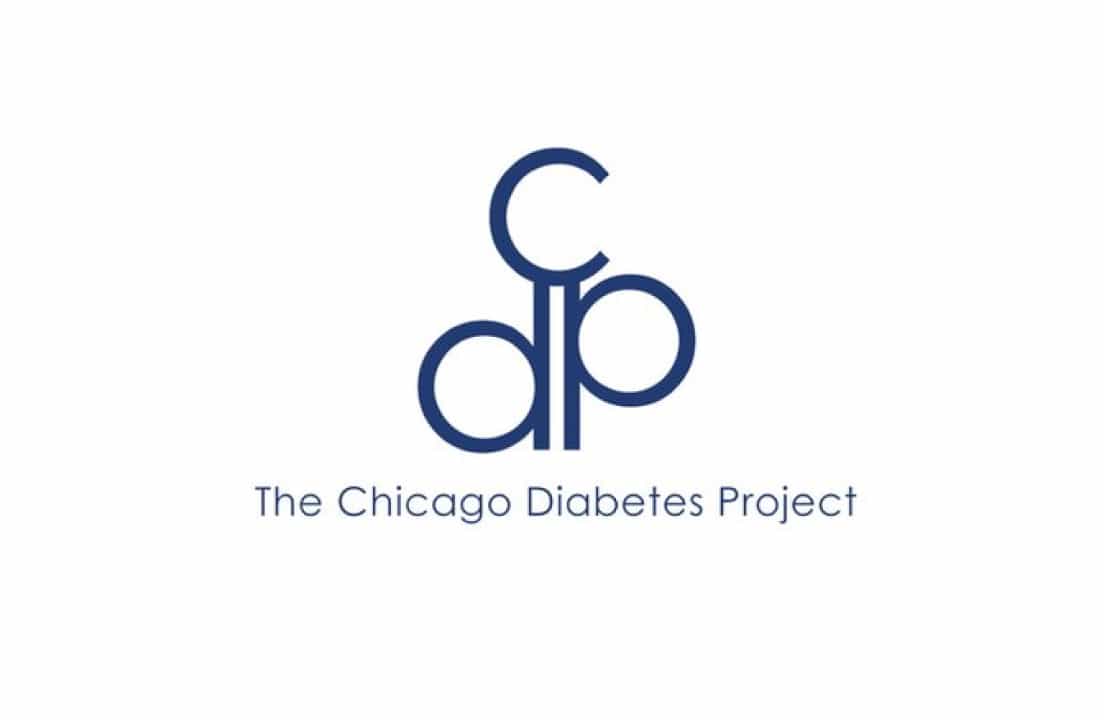
.jpg)
.jpg)
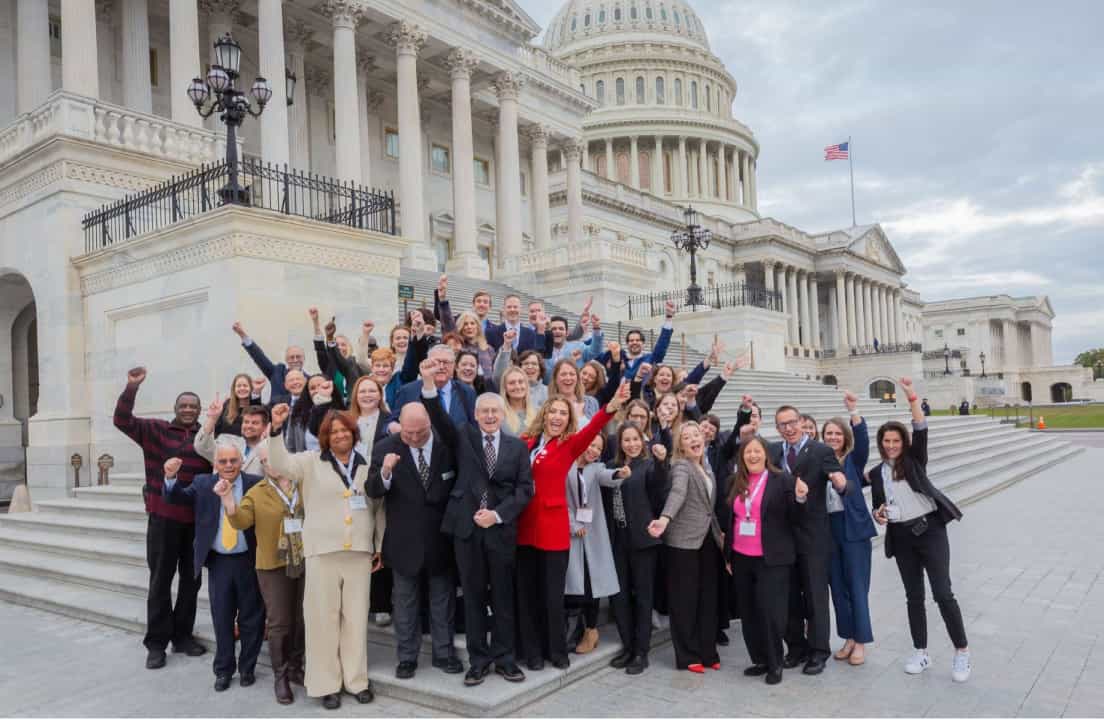
.jpg)


.jpg)
.jpg)

.jpg)
.jpg)

.jpg)
.jpg)
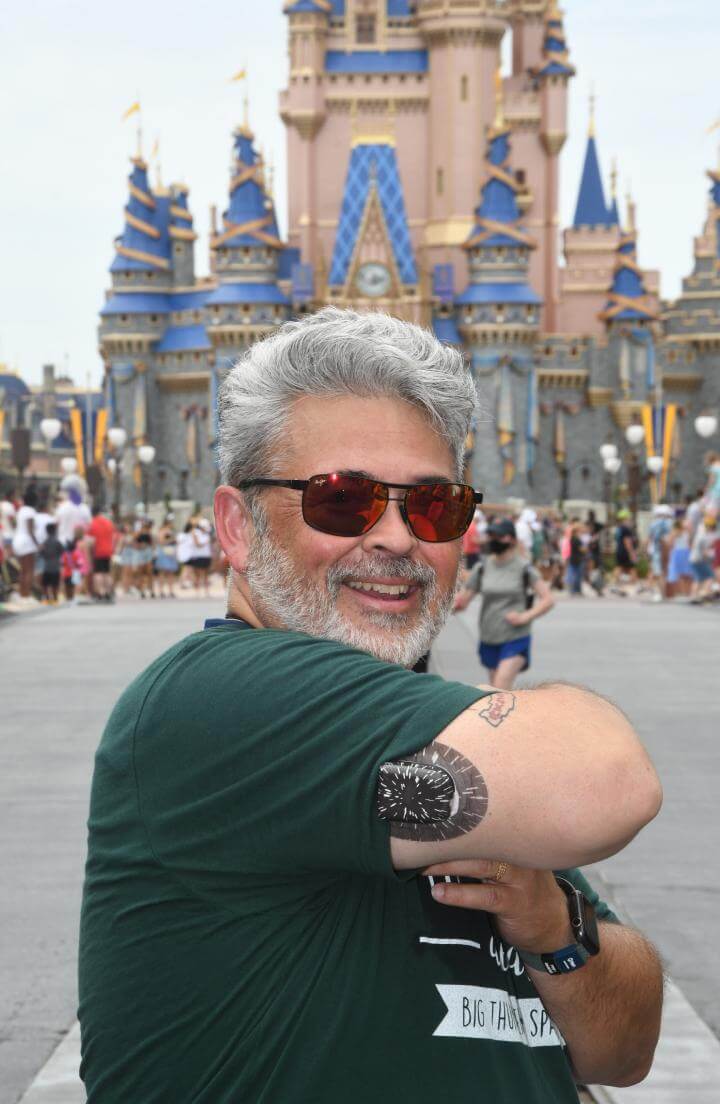


.jpg)
.jpg)
.jpg)


.jpg)
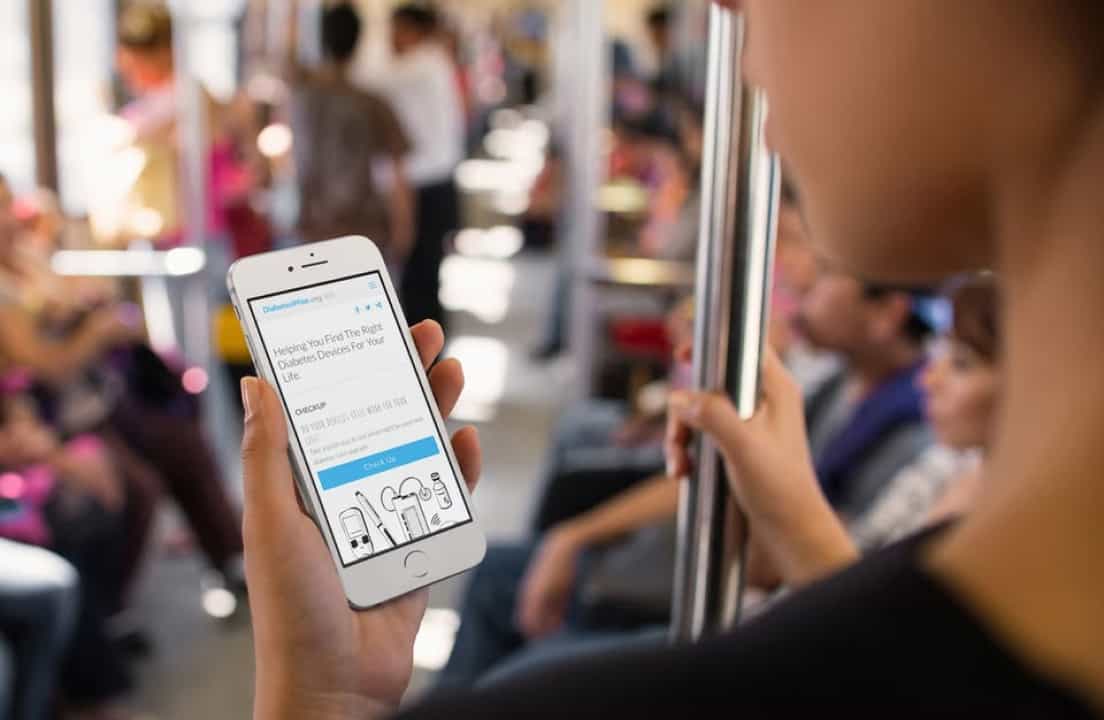
.jpg)
.jpg)
.jpg)
.jpg)
.jpg)
.jpg)

.jpg)
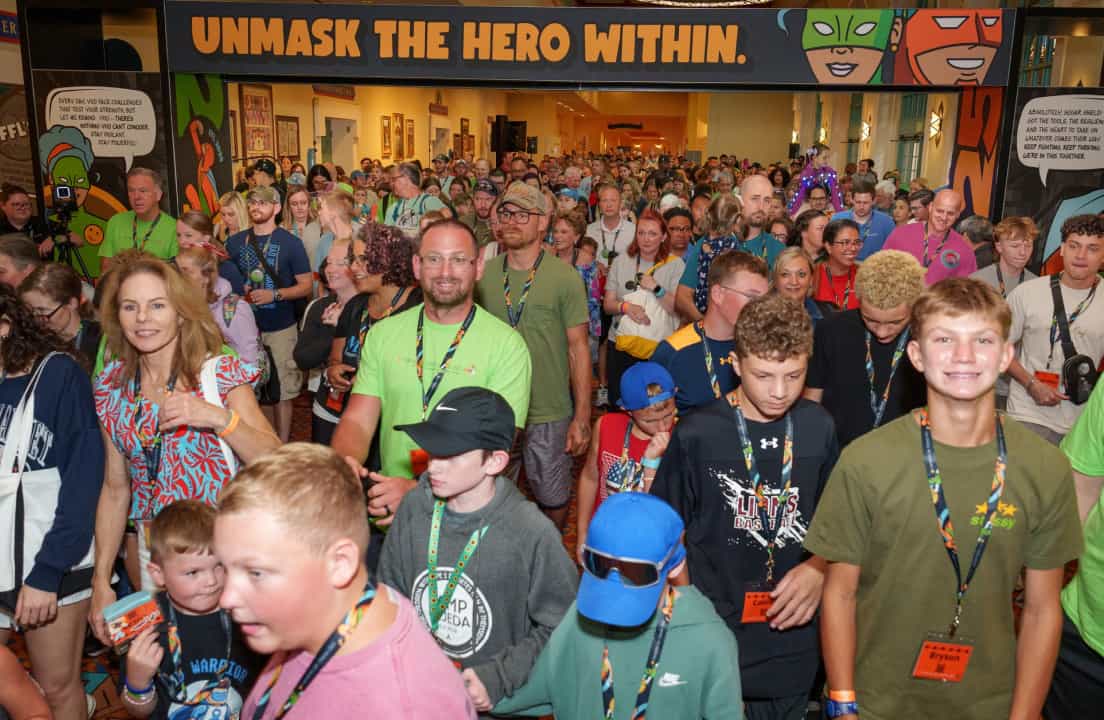
.jpg)
.jpg)
.jpg)
.jpg)
.jpg)
.jpg)

.jpg)
.jpg)

.jpg)
.jpg)
.jpg)

.jpg)
.jpg)



.jpg)

.jpg)
.jpg)

.jpg)
















.jpg)



.jpg)




.jpg)














.webp)